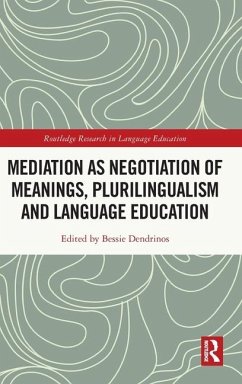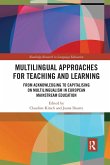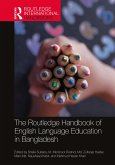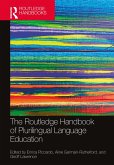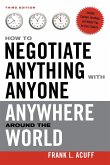Bringing together the voices of a diverse group of scholars and language professionals, this edited collection, concerned with the cultivation of plurilingualism in multilingual educational settings, builds on the theory and practice of linguistic and cultural mediation both as curricular content and social practice.
The chapters view mediation as an important aspect of communication which involves dynamic, purposeful interactivity, implicating social agents in the negotiation and construction of socially situated meanings across different languages and within the same language. Theoretically informed chapters present views on mediation as well as contributors' research and project outcomes in educational interventions. They also describe how mediation has been incorporated in educational practices and how it materialises in social contexts. Ultimately, this book makes the case for why mediation constitutes a key competence to be developed for active global and local citizenry in today's societies where there is an increased rate of knowledge acquisition and exchange.
Presenting research from classrooms and other multilingual environments, this book offers concrete suggestions for the development of language users/learners' ability to mediate within and across languages. It will appeal to scholars, researchers and postgraduate students in the fields of language and education, education policy and politics, bilingualism and plurilingualism more generally. Curriculum designers may also find the volume of use.
The chapters view mediation as an important aspect of communication which involves dynamic, purposeful interactivity, implicating social agents in the negotiation and construction of socially situated meanings across different languages and within the same language. Theoretically informed chapters present views on mediation as well as contributors' research and project outcomes in educational interventions. They also describe how mediation has been incorporated in educational practices and how it materialises in social contexts. Ultimately, this book makes the case for why mediation constitutes a key competence to be developed for active global and local citizenry in today's societies where there is an increased rate of knowledge acquisition and exchange.
Presenting research from classrooms and other multilingual environments, this book offers concrete suggestions for the development of language users/learners' ability to mediate within and across languages. It will appeal to scholars, researchers and postgraduate students in the fields of language and education, education policy and politics, bilingualism and plurilingualism more generally. Curriculum designers may also find the volume of use.

